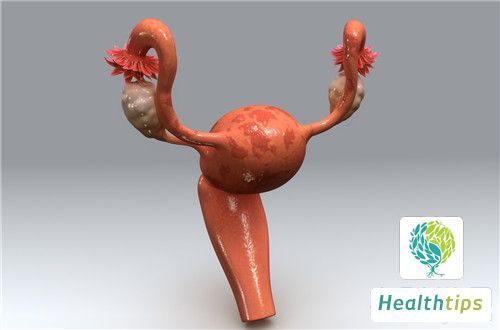The syncope caused by a sudden decrease in cardiac output is called Adams-Stokes syndrome, which is mainly due to insufficient blood and oxygen supply to the brain. If arrhythmia occurs, Adams-Stokes syndrome may occur. The more common symptom is sudden syncope, and patients with mild conditions may experience loss of consciousness.
 1. The causes of Adams-Stokes syndrome are complex. Patients with mild conditions may experience dizziness and transient loss of vision. Patients with severe conditions are prone to syncope or convulsions, which generally depends on the duration and degree of cerebral ischemia. After the onset of syncope, the patient's consciousness is lost, and it is easy to have symptoms of not responding to calls, especially accompanied by general fatigue and other discomforts after the onset, seriously damaging the patient's health.
2. If a patient develops Adams-Stokes syndrome, it is necessary to actively and immediately carry out rescue measures. This includes opening intravenous access, providing oxygen, improving electrocardiogram, bedside electrocardiographic monitoring of blood pressure, and other monitoring. Immediate rescue treatment should be carried out based on the patient's blood pressure and electrocardiogram conditions, such as immediately applying vasopressor drugs to raise blood pressure if the blood pressure is low, or defibrillation if atrial fibrillation occurs.
3. Adams-Stokes syndrome manifests as dizziness and transient loss of vision in mild cases, while severe cases may experience syncope or convulsions, which mainly depends on the duration and degree of cerebral ischemia. During the onset of syncope, consciousness is lost, and the patient does not respond to calls. After the onset, there may be general fatigue, soreness, drowsiness, and other discomforts.
1. The causes of Adams-Stokes syndrome are complex. Patients with mild conditions may experience dizziness and transient loss of vision. Patients with severe conditions are prone to syncope or convulsions, which generally depends on the duration and degree of cerebral ischemia. After the onset of syncope, the patient's consciousness is lost, and it is easy to have symptoms of not responding to calls, especially accompanied by general fatigue and other discomforts after the onset, seriously damaging the patient's health.
2. If a patient develops Adams-Stokes syndrome, it is necessary to actively and immediately carry out rescue measures. This includes opening intravenous access, providing oxygen, improving electrocardiogram, bedside electrocardiographic monitoring of blood pressure, and other monitoring. Immediate rescue treatment should be carried out based on the patient's blood pressure and electrocardiogram conditions, such as immediately applying vasopressor drugs to raise blood pressure if the blood pressure is low, or defibrillation if atrial fibrillation occurs.
3. Adams-Stokes syndrome manifests as dizziness and transient loss of vision in mild cases, while severe cases may experience syncope or convulsions, which mainly depends on the duration and degree of cerebral ischemia. During the onset of syncope, consciousness is lost, and the patient does not respond to calls. After the onset, there may be general fatigue, soreness, drowsiness, and other discomforts.




















